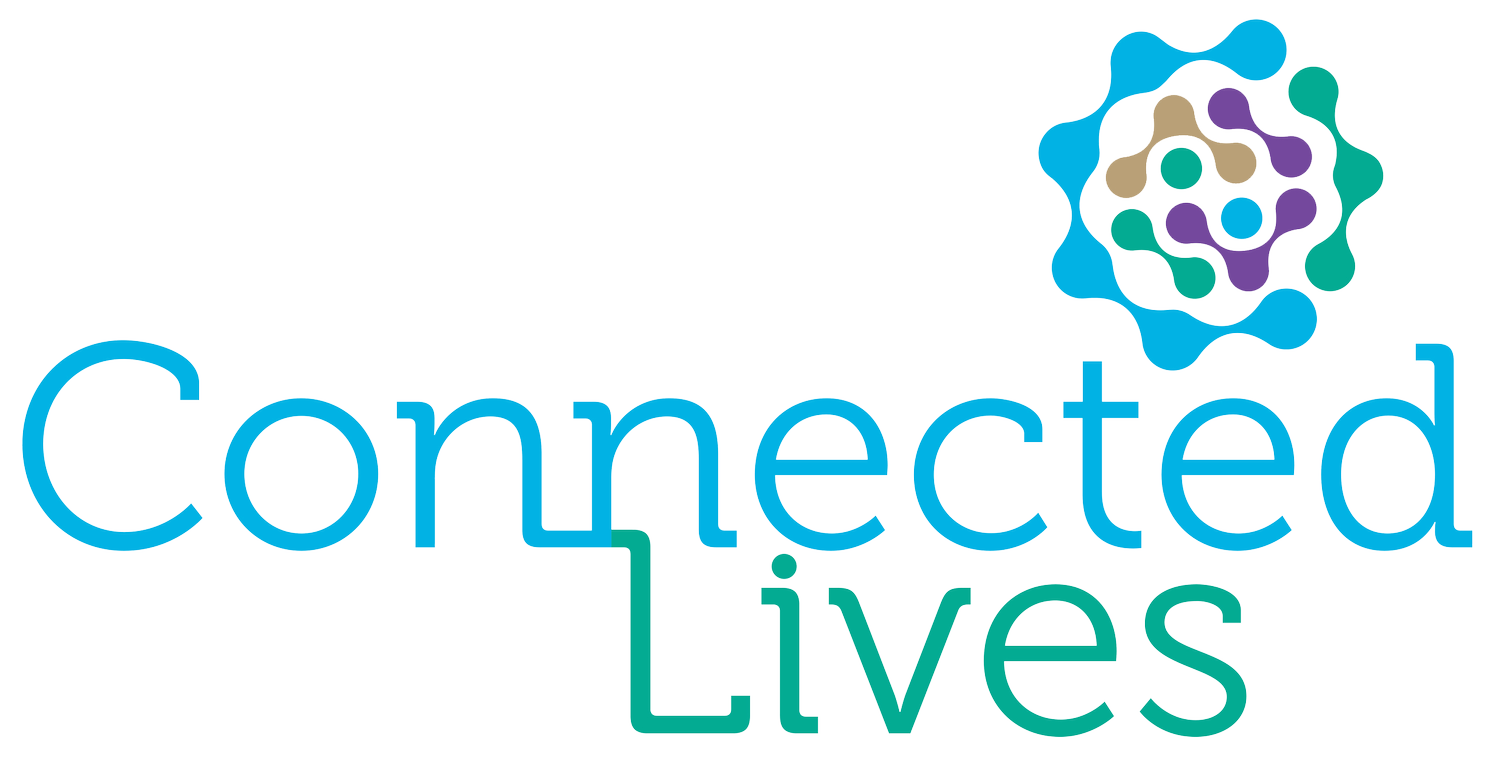Raising resilient children in difficult times
If the last year has taught us anything it should be that we are all more interconnected than we ever knew and that we are not always able to control things. Now, depending on the levels of privilege you enjoy, the control bit comes as more or less of a shock. For people privileged enough to be able to actively choose: their health and wellbeing, the job they do, where their children are educated, when they socialise and see their friends and where to go on the holidays etc. the last year may have come as quite a shock. Reading about the negative impact on baby, child and teenage mental health this week has been tough. We predicted it would happen, we saw it happening and tried to do what we could to mitigate it but now we have ‘proof’ that many of our fears and predictions did indeed come to pass. So what can we are parents, carers, professionals, human beings do about it?
As is so often the case, the answer is both horribly simple and yet very hard to do. It’s all about Lego. By which I do not mean construct your own car, house, castle or robot (although go ahead if you enjoy it), but I do mean focus on: Lament, Energy, Gratitude and One.
Lament is important because it helps us grieve what has been lost. Lost experiences, opportunities, relationships, people etc. It’s good to acknowledge ourselves, and be able to help our children acknowledge that the restrictions they are experiencing due to the pandemic (struggling to stay motivated to learn from home, being cut of from friends, not being able to go to clubs, never getting away from your parents) is rubbish. Depending on our own comfortableness with sadness and struggle, we may find this hard to do. If we as children didn’t have parents who could accept these emotions, and help us make sense of them, dwelling on these emotions for any length of time can feel really uncomfortable. So we find ourselves coming out with phrases like ‘look on the bright side’ or ‘at least you… ’ or ‘so many other children have it way worse than you’. There’s nothing inherently wrong with any of those phrases although I have genuinely never understood why getting a child to think about children whose suffering is significantly worse than theirs helps them feel better. Overall those encouragements are okay, they just need to come a while after we acknowledged their feelings, their pain and their struggle (and helped them make sense of some of their behaviour). Accepting struggle is the fastest way for children to feel better, but that doesn’t necessarily make it easy for us to do.
Energy – choose to expend your energy on what you can change. Right here right now you can continue to provide the ‘bigger, stronger, wiser and kind’ parenting that we’d all love to do. In a seminar last week Dr Kathryn Hollins talked about aspiring to get it right 1% more of the time a day, of all the great things she said I love that one. Your relationship with your child remains of fundamental importance. You are the secure base they are doing their (very limited) exploration from and the safe haven they come back to when they need help and comfort and their feelings are too overwhelming. Even when you realise you don’t control so many things, you do control how you tune into your child and how you respond to them.
Gratitude – being thankful for what we can is incredibly good for us. There are times when this is extremely difficult and I’m not advocating summoning ‘fake gratitude’ for the sake of it. But choosing to focus on things that we can be thankful for, helps us and helps our children. You can be creative in how you do it, draw a big thankfulness trees or decorate a jam jar and turn it into your gratitude jar. On days no one can think of anything good, go into the jar and read out one of them.
One minute or hour or day at a time. When things are stressful and difficult the large future expanses of days and weeks make the now seem terrifying and unmanageable. In her truly brilliant way Caitlin Moran writes:
“Here is a promise and a fact: you will never, in your life, ever have to deal with anything more than the next minute. However much it feels like you are approaching an event – an exam, a conversation, a decision, a kiss – where if you screw it up, the entire future will just burn to hell in front of you and you will end, you are not… You will never, ever have to deal with more than the next 60 seconds.”
Caitlin Moran – Letter to teenage girls
So while future planning is important, getting fixated and anxious about the future can rob us of our ability to live in the now. One maths worksheet, one more meal, one more cuddle, one more ‘it’s not fair’ at a time.
As is the way with most things in parenting LEGO can feel repetitive, never ending and not the ‘quick fix’ we’d like. But studies show that this way of relating and being does help build resilience. Let’s encourage one another to get the LEGO out and keep using it.
Jenny Peters
written 5.2.21
